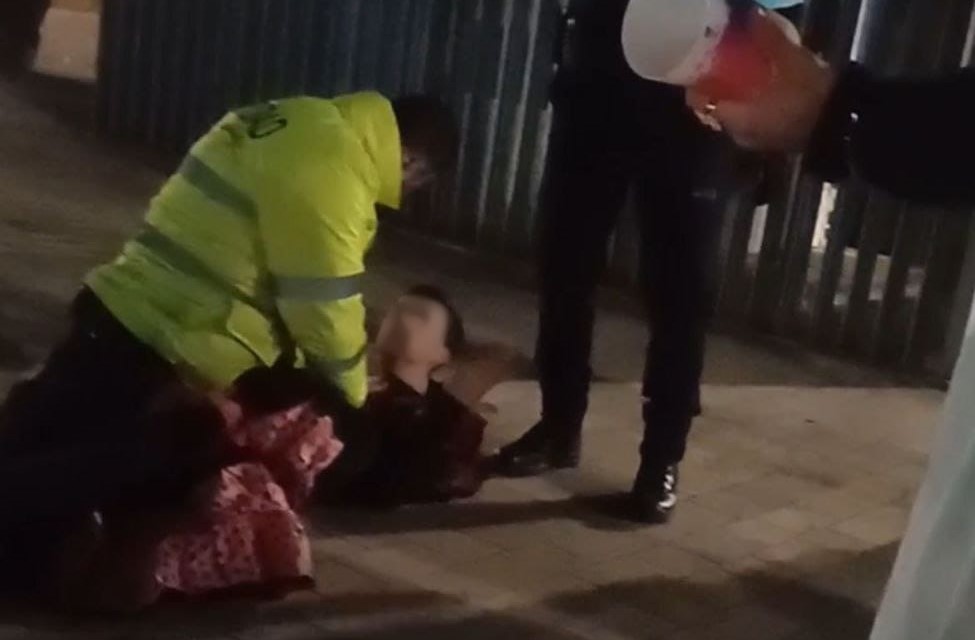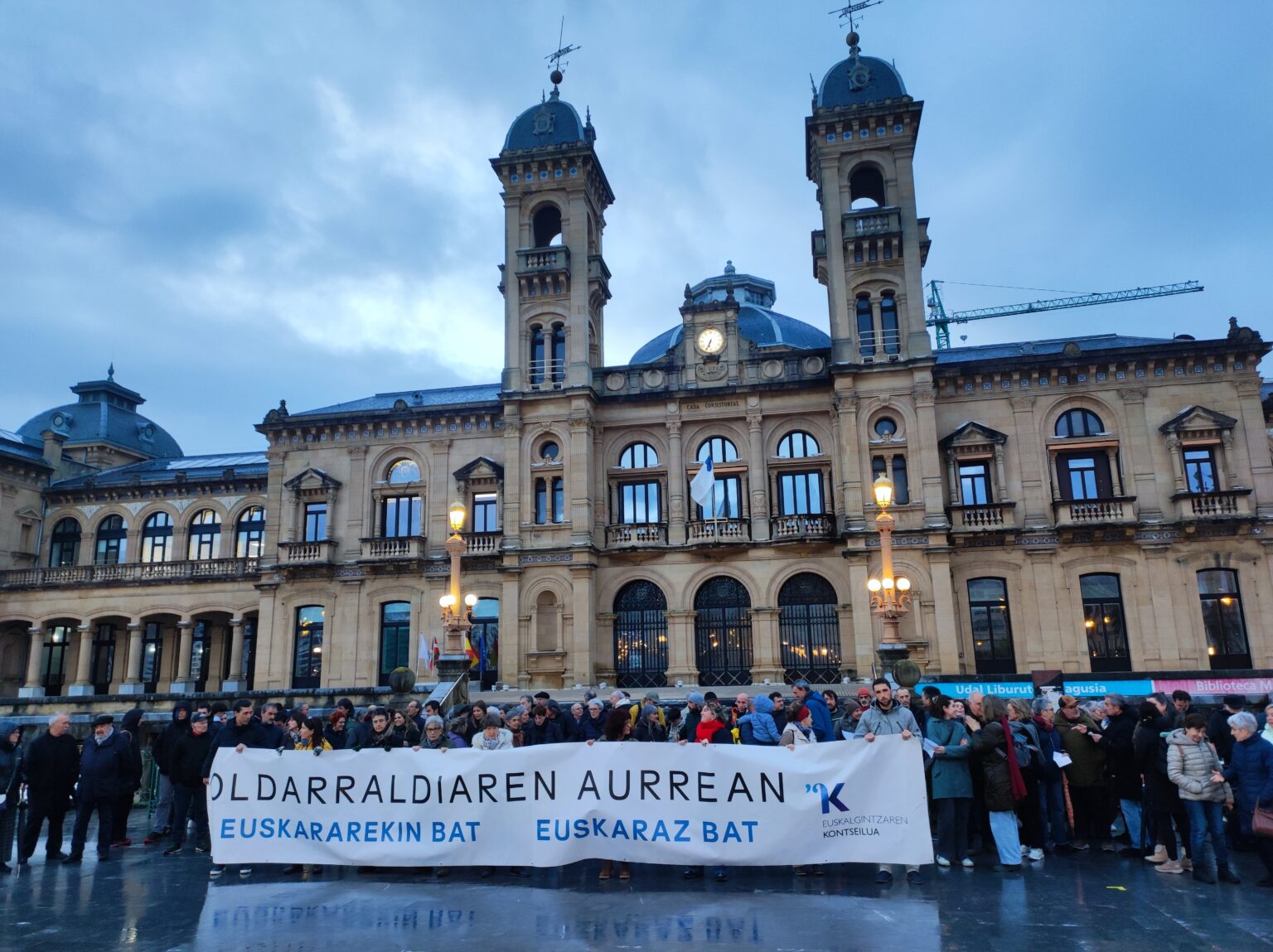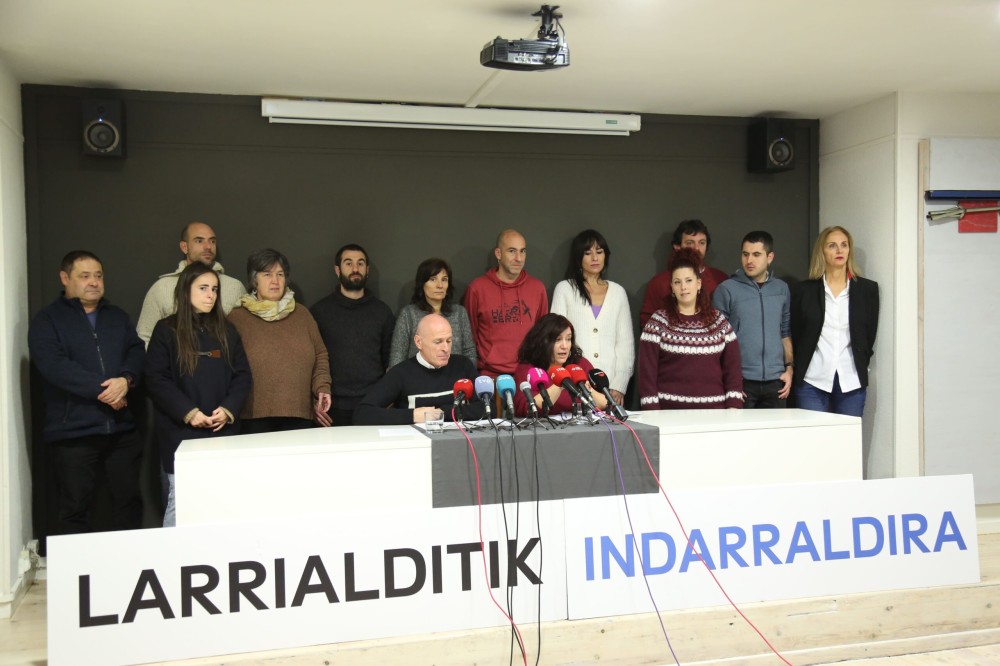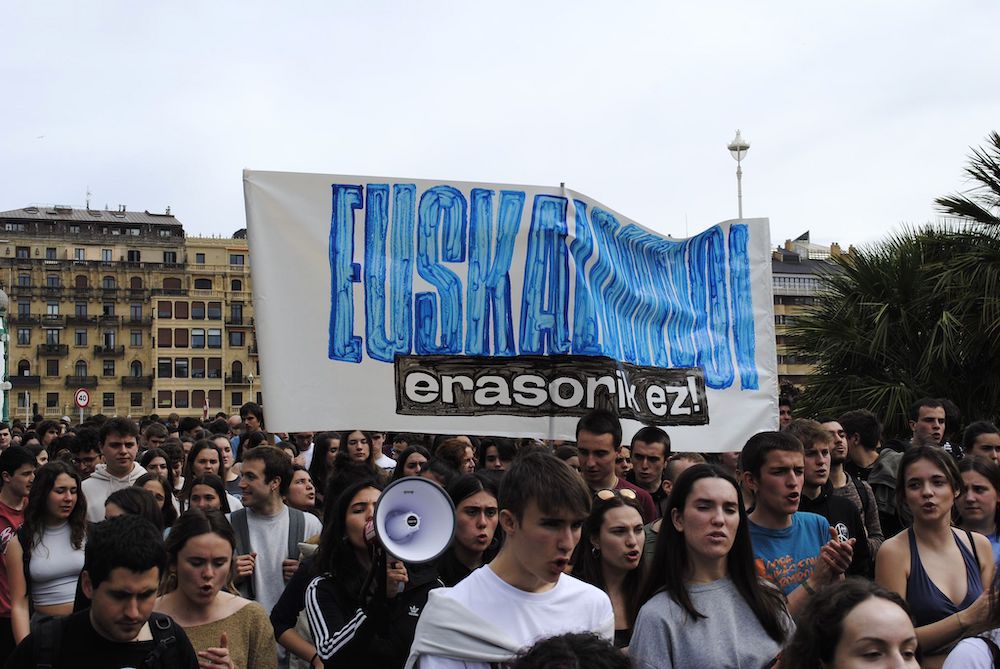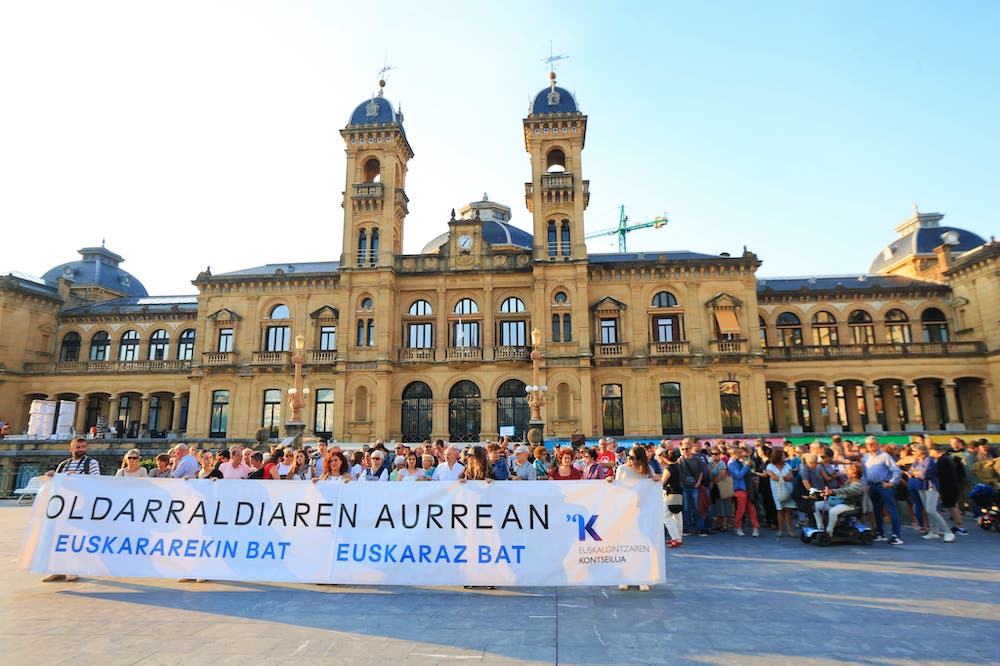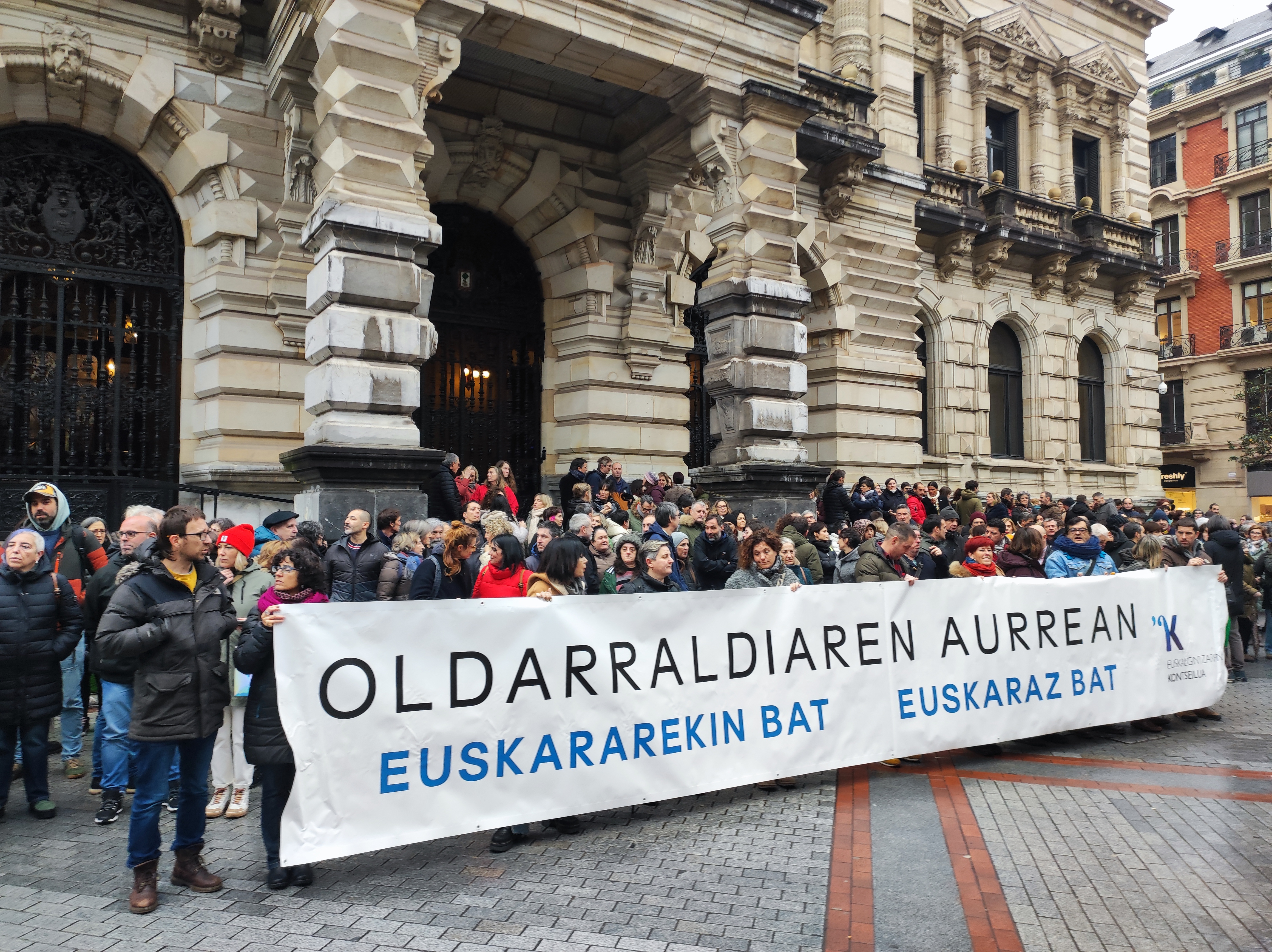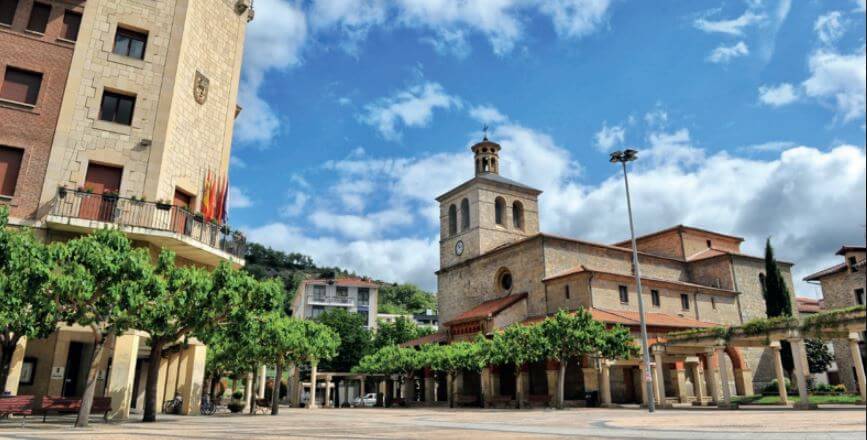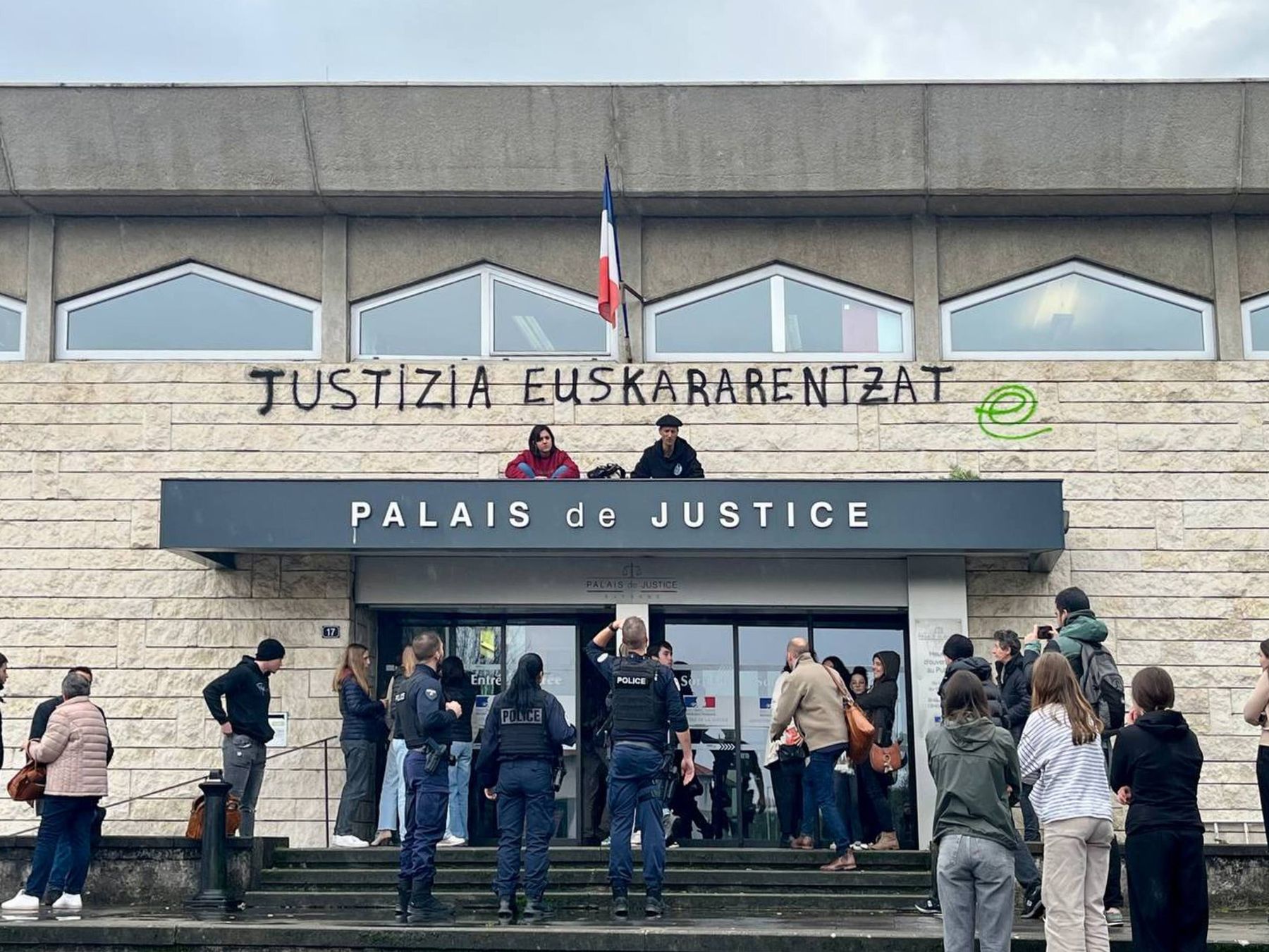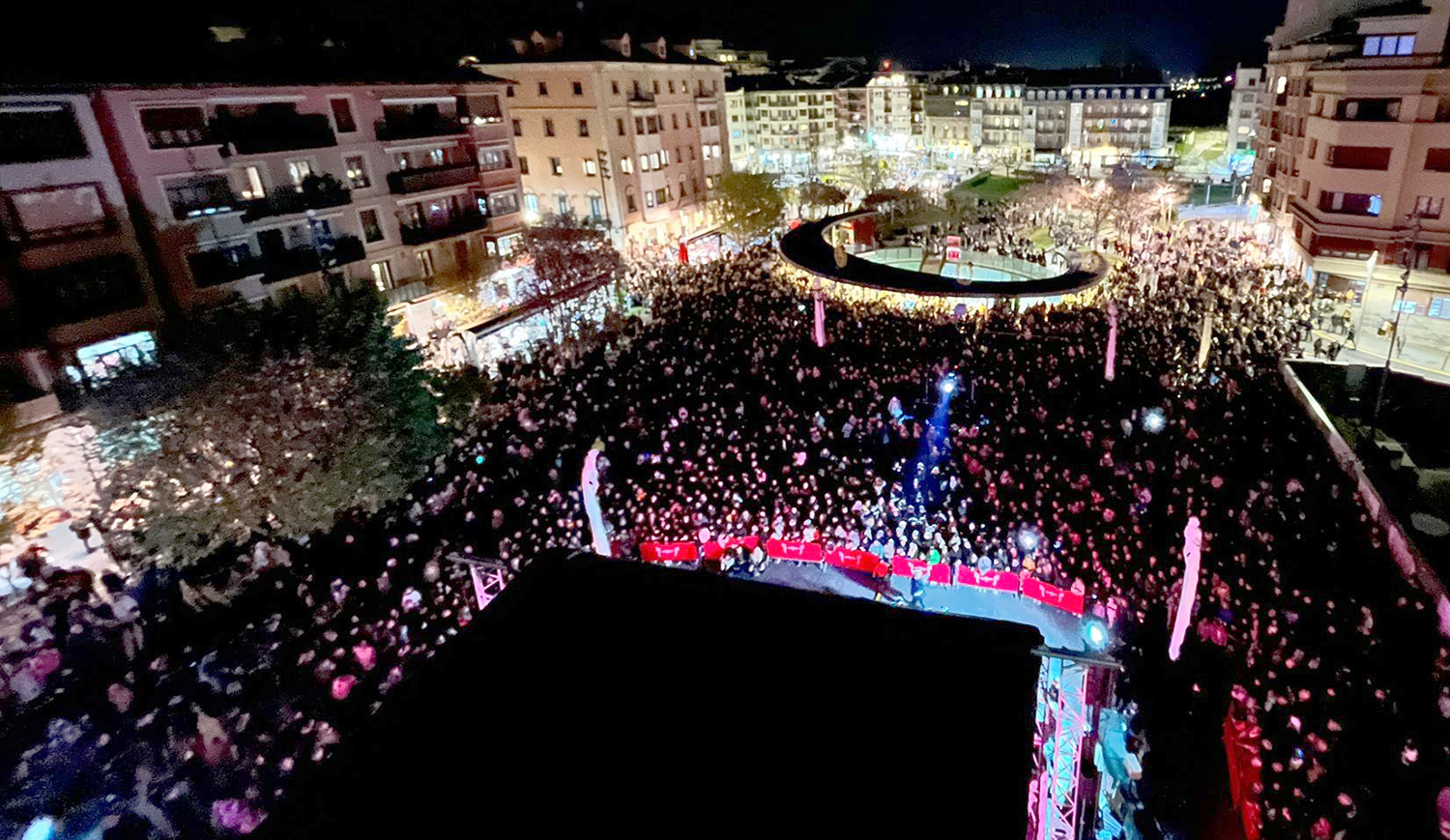Citizens report that the Constitutional ruling calls into question the official status of the Basque Country
- In Arrasate, Mutriku and Zarautz, at the invitation of the local agents, dozens of people have come to protest after the opposition of the Spanish Constitutional Court to the right of municipalities to act only in Basque. Elected officials and cultural agents of the Basque Country have called a rally for Thursday in Bilbao, at the door of the courts.

Convened by local agents and associations of Euskera, Arrasate, Mutriku and Zarautz, concentrations were held on Monday afternoon against the final resolution of the Spanish Constitutional Court to take steps to defend language rights.
The decision has been described as "very serious" because Basque agents not only question the right to use Euskera, but also the official. They claim that the situation of the Basque Country is "very vulnerable", among other things because rulings against linguistic rights are being normalized and therefore claim the need to protect the Basque Country. "It seems that the only language that is protected is Spanish," said the members of the newly created cultural association Zirika de Zarautz at the signing of the protest, as the newspaper Berria has gathered.
Thursday in Bilbao
The elected municipal officials and representatives of the Basque sector will appear next Thursday 13 in Bilbao at the seat of the High Court of Justice of the Basque Country at 11:00. The Council of Euskalgintza considers that the final judgment should be denounced, as it puts "obstacles" to the normalization and revitalization of Euskera.
The members of the Commonwealth of Basque Municipalities appeared last Friday in Usurbil because of the "great concern" generated by the Constitutional ruling. They highlighted the existence of a "high risk of regression" in the Basque Country and the need for "a solid legal response" to this aggression, "renewing" the legal framework. That's why they said the Basque needs a "new legal status."
"Working only in Basque violates linguistic rights"
That is what the resolution of the Spanish Constitutional Court on Thursday (here the judgment, in Spanish) says. With the Municipal Law of CAPV, it was possible that in the municipalities where Euskera was the predominant language, that is, in those where the vast majority of the population knows Euskera, the administration generated in Euskera a series of documentation without translation into Spanish. Yes, always giving the right to have someone expressly ask, do so in Spanish.
In 2016, the Basque Parliament approved by a large majority the Municipal Law and in the short term the Spanish State Attorney questioned several articles. Subsequently, the Spanish Government and the Spanish Government reached an agreement to interpret the law correctly. It seemed that the case was closed there, but the extreme right Vox, without a municipal representative, sued the Basque Court. Then he came to the Spanish Constitutional because the Basque judges had doubts. The resolution that comes from Madrid says that there are 'imbalances' between the two official languages, and that the mere functioning in Basque violates linguistic rights.
Euskal Herrian Euskarazen arabera, Tolosako tren geltokiko segurtasun agente batek eraso egin zion militante bati, agenteari euskaraz hitz egiteko eskatu ziolako. Tolosako alkateak "kezka" adierazi du eta azalpenak eskatuko dituela jakinarazi.
Euskalgintzaren Kontseiluak eta Bizkaiko Foru Aldundiko langileak elkarretaratzea egin dute langileen egonkortzearen eta euskalduntzearen alde.








